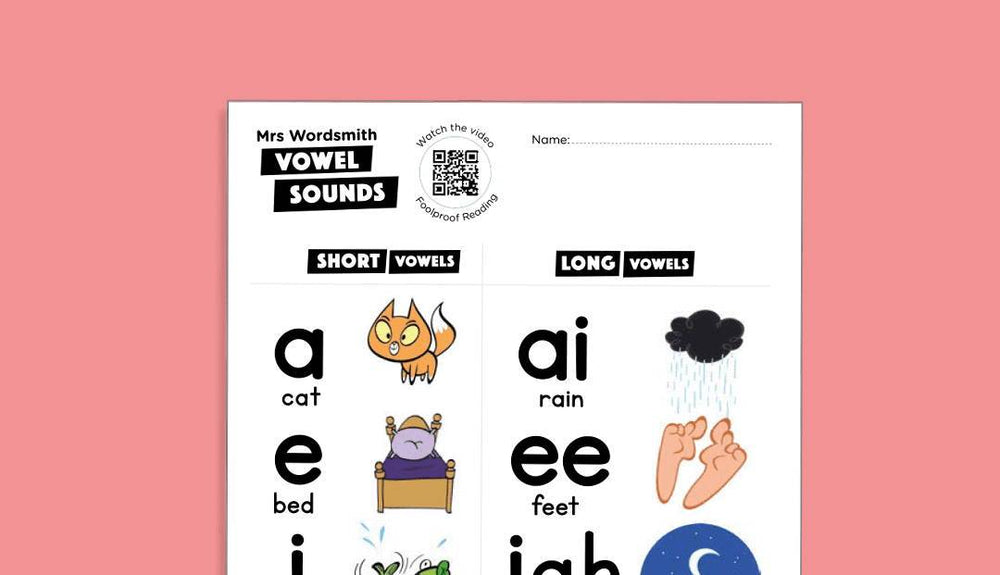Overview
Blending and segmenting encourages children to break down words into smaller parts and then put them back together again.
Syllables are like the 'beats' of spoken language. The number of syllables in a word is equal to the number of times you hear a vowel sound in the word.
To segment syllables, children break words down into their individual syllables (segmenting) and then put them back together again to form words (blending).
Download our Blending the syllables: dress up activity below.
First, read each syllable. Then, blend them together and read the word as a whole. Write the whole word on the dotted line below.
Common Core Alignment:
CCSS.ELA-LITERACY.RF.K.2.B Count, pronounce, blend, and segment syllables in spoken words.
CCSS.ELA-LITERACY.RF.1.3.D Use knowledge that every syllable must have a vowel sound to determine the number of syllables in a printed word.
Example

































 https://mrswordsmith.com
https://mrswordsmith.com
Comment
Leave a comment